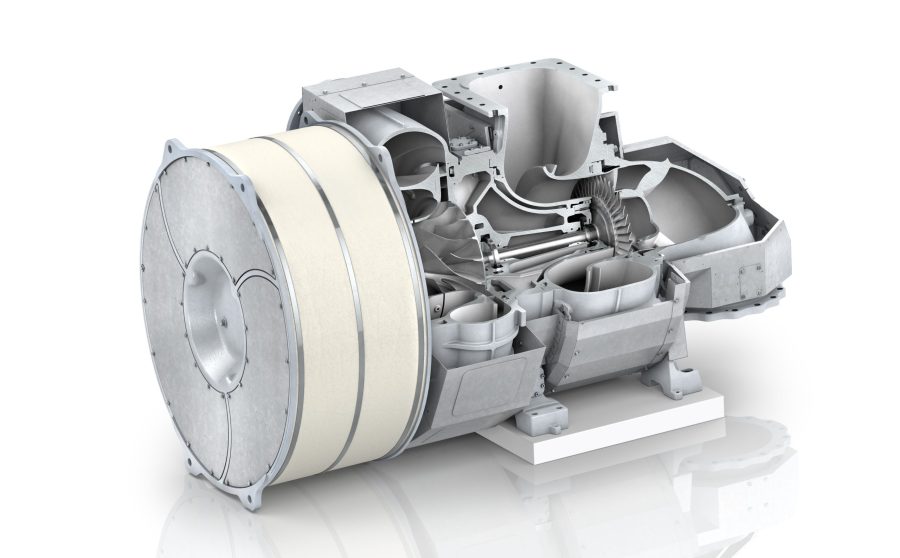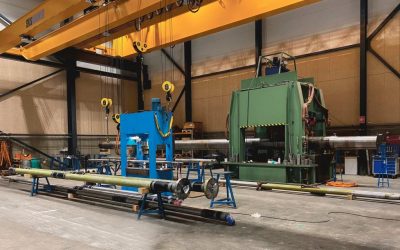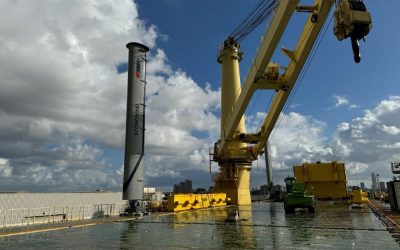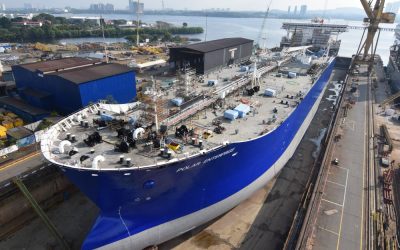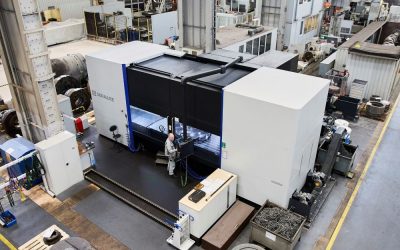The turbocharger OEM’s service division believes that environmental and other issues are strengthening the case for retrofitting
Aging turbochargers face harsh realities as the years pass and demand greater investment in terms of maintenance and overhauls as major components, such as rotors, compressor wheels and casings, develop wear and tear. Similarly, they experience reduced efficiency as load cycles and the thermal aging of their constituent materials increase gaps and their optimised gas-flow deteriorates.
This increases the risk of severe damage and the probability of high-cycle fatigue, while the decrease in efficiency leads to higher costs, increased fuel consumption, greater emissions and black smoke. Other issues involve the inherent difficulties in sourcing spare parts for older turbochargers that may have ceased production and whose parts are only available at high prices.
Therefore, MAN PrimeServ is renewing its call for ship owners to consider retrofitting as a viable alternative to continued maintenance and repairs on existing units. Benefits are claimed to include improved engine performance; reduced temperature levels; more reliable spare-part availability; and regulatory compliance.
The company has in recent times undertaken several projects of this type. On a cruise vessel, two turbochargers from another OEM were replaced by an individual MAN TCA55. According to the company this two-for-one retrofit generated significant savings in both maintenance and operating costs, and a temperature decrease after the cylinder of 75°C, and a specific fuel oil consumption (SFOC) reduction of 6g per kWh.
In another project a bulker with a two-stroke engine was retrofitted with a new TCA66 turbocharger with a variable turbine area (VTA). This improved the efficiency at part-load such that savings of 4g per kWh at 50% load were achieved without power restrictions and the engine able to operate at full load, the company states.
According to Michael Postner, product manager, retrofits and upgrades, MAN PrimeServ Germany, “Retrofits aren’t just about providing a suitable turbocharger. The real challenge is its physical integration with the engine while considering all interfaces, pipes, venting, and accessibility, along with the new turbocharger’s thermodynamic melding with the engine’s combustion process, while fulfilling or even exceeding the expected performance outcome. With our R&D capabilities, and manufacturing experience, we are well placed to meet that challenge.“
In the past, MAN PrimeServ has carried out many of its turbocharger retrofits on four-stroke engines where the impact on savings is more visible due to higher combustion-temperature levels and shorter maintenance intervals. However, times are changing and new regulations like EEXI the reduction of carbon footprints through CII classification require major measures regarding two-stroke engines and even entire ship systems.
According to Postner, “As things stand, the one-for-one substitution of an existing turbocharger for a new TCT-turbocharger, especially designed for two-stroke engines, is not significantly more expensive than the major overhaul of a turbocharger that has 80,000 to 100,000 hours of operation.”
Due to the “extraordinarily compact” design of the TCT, many interfaces of the existing periphery can relate to simple and flow-optimised adapter pieces. “Considering the new boundary conditions that mean that many two-stroke engines may never operate at the power output they were originally designed for, the nature of engine-turbocharger combinations has changed,” suggests Postner. “As a result, the efficiency impact of a turbocharger retrofit, such as the TCT with its focus on the new engine load profile, can be enormous.”
